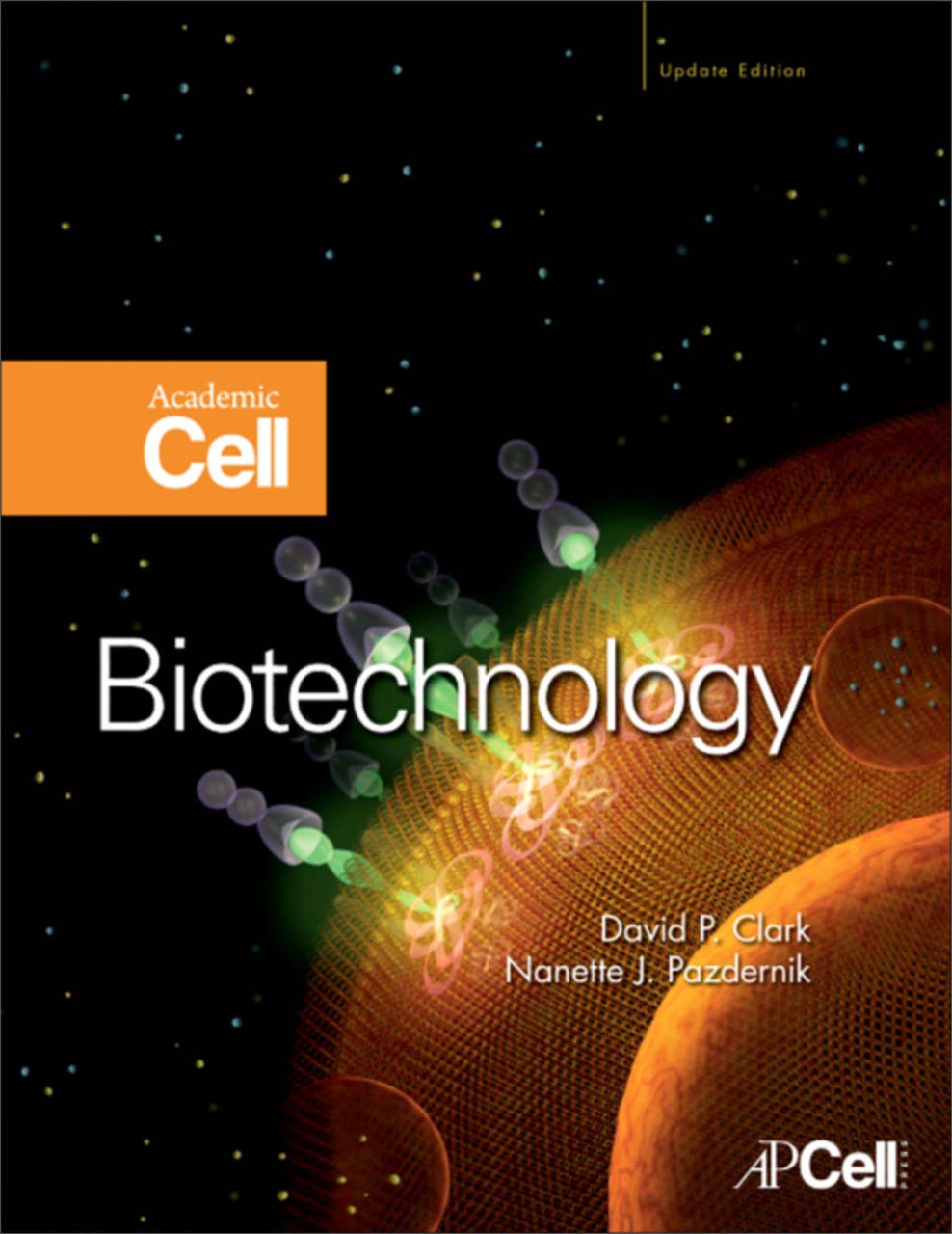|
Gene editing technology has emerged as a groundbreaking tool in the field of biotechnology, offering immense potential for revolutionizing various aspects of human life. With the ability to precisely modify genetic material, scientists are harnessing the power of gene editing to cure diseases, enhance agricultural productivity, and explore new frontiers in scientific research. At the forefront of gene editing technology is a revolutionary technology known as CRISPR-Cas9. CRISPR (Clustered Regularly Interspaced Short Palindromic Repeats) is a naturally occurring system in bacteria that acts as an adaptive immune system, defending against viral infections. Scientists have harnessed this system, along with the Cas9 enzyme, to create a versatile gene editing tool. Using CRISPR-Cas9, scientists can target specific genes within an organism's DNA sequence and make precise edits. This technology offers unprecedented accuracy and efficiency compared to previous gene editing techniques. By reprogramming the DNA, researchers can potentially correct genetic mutations responsible for hereditary diseases or introduce beneficial traits into organisms. One of the most promising applications of gene editing technology is in the field of medicine. With CRISPR-Cas9, scientists can potentially treat or even cure genetic disorders such as cystic fibrosis, sickle cell disease, and muscular dystrophy. By editing the faulty genes responsible for these conditions, researchers aim to restore normal function and improve patients' quality of life. Moreover, gene editing technology holds great promise in cancer research. By modifying genes associated with tumor growth and metastasis, scientists hope to develop targeted therapies that specifically attack cancer cells while sparing healthy ones. This personalized approach could revolutionize cancer treatment and significantly improve patient outcomes. Beyond healthcare, gene editing has the potential to transform agriculture and address global food security challenges. By modifying crop plants, scientists can enhance their resistance to pests, diseases, and environmental stresses. This technology opens doors to developing crops with higher yields, improved nutritional content, and increased tolerance to adverse conditions, ultimately ensuring sustainable food production for a growing global population. However, as with any powerful technology, gene editing also raises ethical concerns. The ability to modify the human germline raises questions about the potential for designer babies and the implications of altering the genetic blueprint of future generations. Scientists, policymakers, and society at large must engage in thoughtful discussions to establish guidelines and regulations that ensure responsible use of gene editing technology. gene editing technology, particularly CRISPR-Cas9, represents a revolutionary advancement in biotechnology. Its potential applications in medicine, agriculture, and scientific research are immense. As scientists continue to refine this remarkable tool, it is crucial to strike a balance between innovation and ethics to harness its full potential for the betterment of humanity.  |
